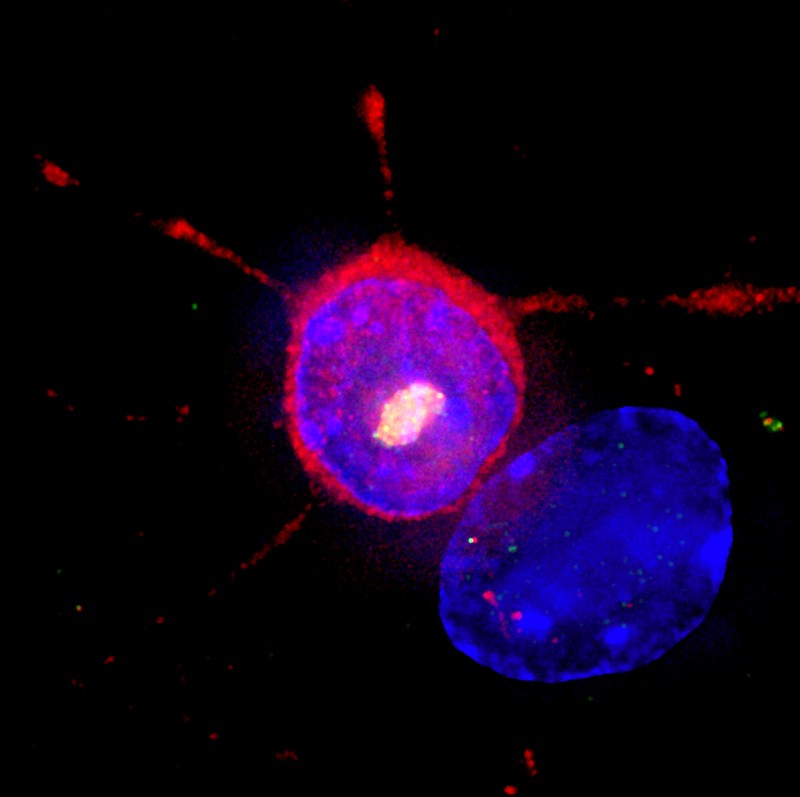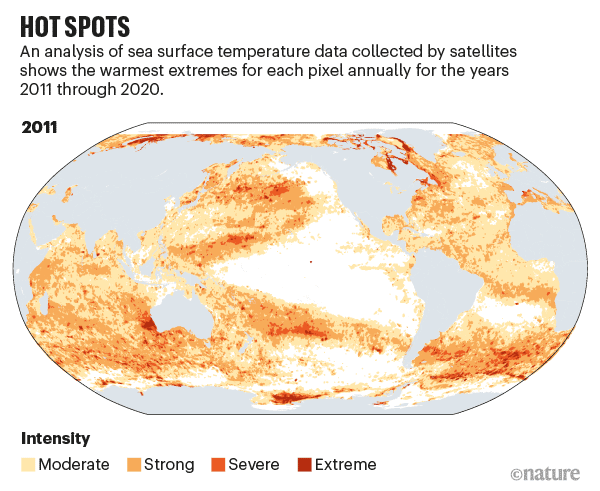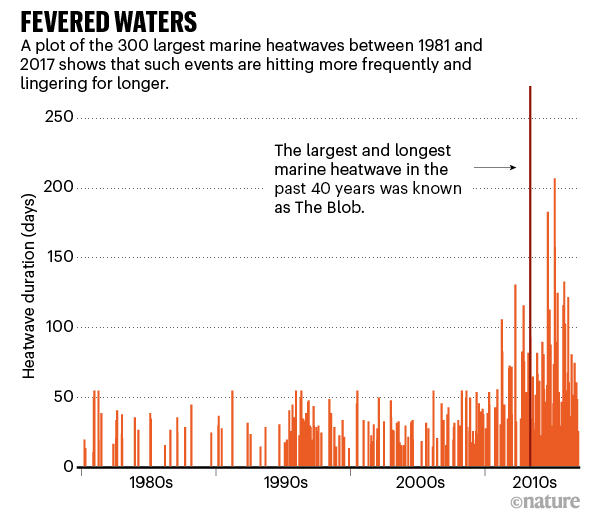Hello Nature readers, would you like to get this Briefing in your inbox free every day? Sign up here
‘Devastated’ by Huntington’s drug failure
Two pharmaceutical companies have halted clinical trials of gene-targeting therapies for Huntington’s disease (HD), following the drugs’ disappointing performance. Researchers had hoped that the treatments — known as antisense oligonucleotides (ASOs) — would be a game changer for HD, an incurable genetic condition that affects cognition, behaviour and movement. But back-to-back announcements from Roche and Wave Life Sciences have dealt a crushing blow to those affected by the disease. “It’s the saddest possible result,” says neurologist Claudia Testa.
Nuclear reactions smoulder in Chernobyl
Rising levels of neutrons from an inaccessible room at Chernobyl Nuclear Power Plant indicate that fission reactions are smouldering again at the site of the 1986 disaster. “It’s like the embers in a barbecue pit,” says nuclear-materials chemist Neil Hyatt. Entombed under concrete, the room contains some of the congealed lava that includes much of the reactor's uranium fuel. The mechanism driving the reaction, how it might develop and how to suppress it are all open questions.
Features & opinion
How to predict deadly ocean heatwaves
Devastating marine heatwaves are ravaging ecosystems, bleaching coral and putting key fisheries at risk. A grim example was dubbed The Blob: an expanse of warm, low-nutrient water in the northwest Pacific that lasted for three years and decimated plankton, fish and seabird populations. Researchers are pushing the science of ocean forecasting forward, and are looking to develop tools that will help fisheries managers and policymakers respond to these painful symptoms of a warming world.
Wisps of hope for long-sought HIV vaccine
Four decades after the start of the AIDS epidemic, results from a small clinical trial hint at some progress towards a vaccine that protects against HIV. Researchers announced at an AIDS conference in February that 35 of the 36 people who received the new HIV vaccine produced antibodies that might help their immune systems to fend off infection. But the findings haven’t yet been peer-reviewed, and experts caution that a vaccine is still a long way off. HIV has proved an elusive foe for immunization because of its rapid rate of mutation — but a lack of funding is also a major issue. “If society really valued an HIV vaccine, we would have done several efficacy trials in parallel, as was done with COVID,” says virologist José Esparza. “Expensive, yes. But the cost of the HIV epidemic has been enormous.”
National Geographic | 11 min read
Image of the week
"again" - Google News
May 07, 2021 at 08:41AM
https://ift.tt/2R1vLgH
Daily briefing: Nuclear reactions are smoldering again in Chernobyl - Nature.com
"again" - Google News
https://ift.tt/2YsuQr6
https://ift.tt/2KUD1V2
Bagikan Berita Ini


















0 Response to "Daily briefing: Nuclear reactions are smoldering again in Chernobyl - Nature.com"
Post a Comment